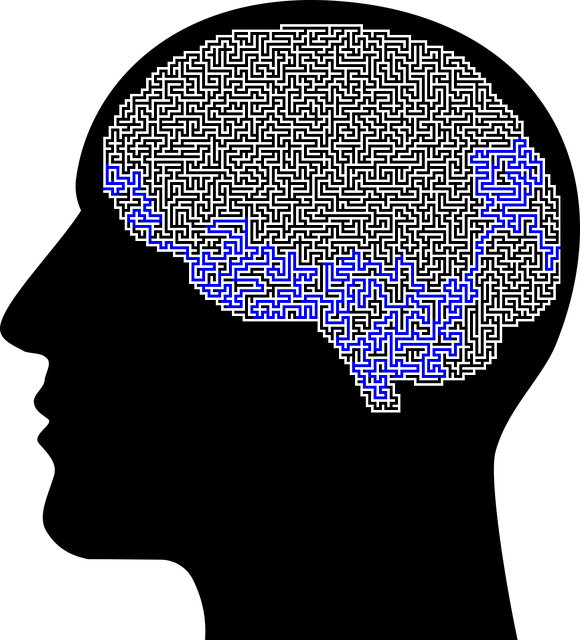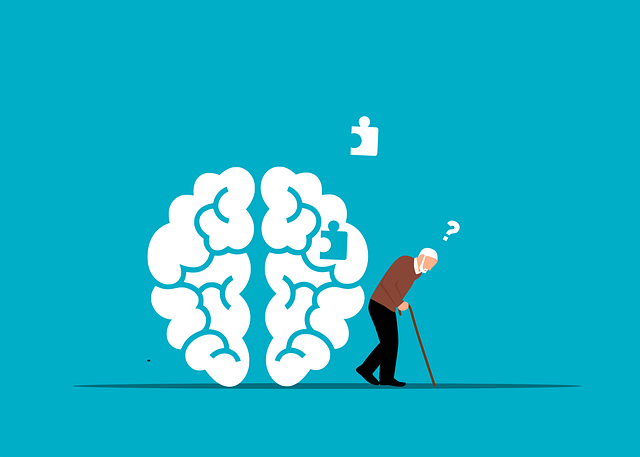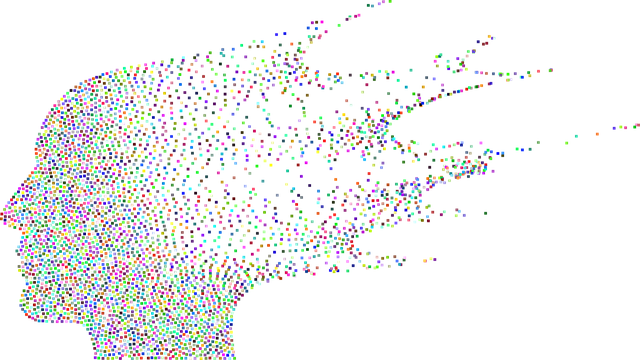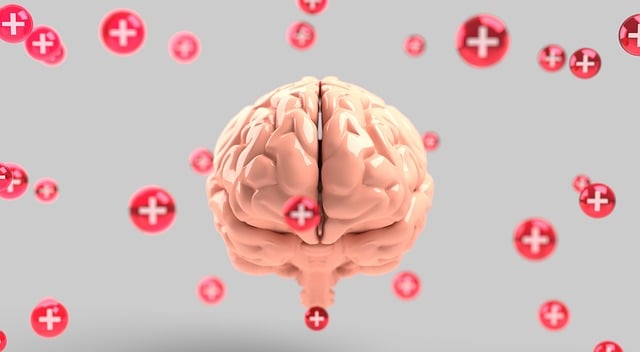La Formation des Compétences Sociales (SST) est une thérapie spécialisée pour les jeunes adultes francophones souffrant de troubles mentaux, ciblant leurs besoins culturels et linguistiques. Cette approche améliore la communication, l'empathie et la gestion de l'anxiété sociale. En intégrant la compassion et des stratégies d'empathie, SST augmente son efficacité. Les séances de groupe offrent un environnement sûr pour développer des compétences sociales et gérer le stress. La formation en compétences sociales est cruciale, fournissant des outils pratiques pour améliorer les connexions sociales et le bien-être général. Pour les jeunes adultes francophones, une thérapie culturellement compétente est essentielle pour surmonter l'isolement et la stigmatisation, favorisant la résilience et la prévention du burnout.
Social skills training is a powerful tool for mental health conditions, especially for French-speaking young adults navigating social isolation and stigma. This comprehensive guide explores various therapeutic approaches tailored to cultural contexts, offering practical tools for community engagement. We delve into group therapy sessions as effective connection-building strategies, providing solutions for barriers often faced by this demographic. Understanding these techniques can significantly enhance support systems and overall well-being.
- Understanding Social Skills Training: An Overview for Mental Health
- The Impact of Social Isolation and Stigma on French-Speaking Young Adults
- Therapeutic Approaches for Social Anxiety and Depression in a Cultural Context
- Group Therapy Sessions: Building Connections, Overcoming Barriers
- Practical Tools and Techniques for Daily Life and Community Engagement
Understanding Social Skills Training: An Overview for Mental Health

Social Skills Training (SST) is a specialized form of therapy designed to help individuals with mental health conditions navigate and thrive in social environments. This evidence-based approach is particularly beneficial for young adults, as it equips them with essential communication, empathy building, and relationship-forming skills. SST often involves role-playing scenarios, group discussions, and practical exercises tailored to address specific challenges associated with various mental health disorders.
For French-speaking young adults, finding culturally competent therapy can be transformative. It ensures that they receive care in a language they understand, fostering better engagement and outcomes. Incorporating Compassion Cultivation Practices and Empathy Building Strategies within SST can enhance its effectiveness. These techniques encourage understanding, kindness, and connection, which are crucial for managing social anxiety, improving interpersonal interactions, and preventing burnout among healthcare providers supporting these clients.
The Impact of Social Isolation and Stigma on French-Speaking Young Adults

Social isolation and stigma significantly impact French-speaking young adults, exacerbating their mental health challenges. In a world where connection is vital for mental wellness, many face barriers due to language differences or cultural misunderstandings, leading to feelings of detachment from mainstream society. This isolation can be particularly detrimental, as it contributes to the development and persistence of various mental health conditions, such as anxiety, depression, and even PTSD.
The French-speaking community, often overlooked in mental health discourse, faces unique challenges when accessing therapy for young adults. Language barriers create obstacles in finding culturally sensitive healthcare services tailored to their specific needs. As a result, many young adults struggle with burnout prevention strategies, resilience building, and the overall pursuit of mental wellness, as they navigate a landscape where support systems are not always accessible or visible within their communities.
Therapeutic Approaches for Social Anxiety and Depression in a Cultural Context

For individuals dealing with social anxiety and depression, particularly young adults from French-speaking backgrounds, cultural sensitivity in therapy is paramount. Therapeutic approaches must be tailored to consider the unique social dynamics and values within these communities. One effective method gaining traction is incorporating mindfulness meditation practices, which have been shown to improve emotional regulation—a key aspect of managing both anxiety and depression. This approach allows therapists to weave in elements of cultural relevance while teaching clients valuable coping strategies.
Additionally, risk management planning tailored for mental health professionals working with this demographic can significantly enhance treatment outcomes. By addressing specific cultural considerations and incorporating evidence-based practices like mindfulness meditation, therapy becomes more accessible and impactful. Such an inclusive and nuanced approach not only supports the emotional well-being of young adults struggling with social anxiety and depression but also fosters a deeper sense of connection to their cultural roots.
Group Therapy Sessions: Building Connections, Overcoming Barriers

Group therapy sessions play a pivotal role in social skills training for young adults facing mental health conditions, particularly those who are French-speaking. These sessions provide a unique opportunity to build connections and foster a sense of community, which is especially beneficial for individuals dealing with social anxiety or loneliness. By engaging in group discussions, activities, and shared experiences, participants learn to communicate more effectively, challenge negative thoughts, and develop coping strategies tailored to their specific needs.
Overcoming barriers to social interaction becomes more manageable within the supportive environment of group therapy. French-speaking young adults can find solace in sessions where they connect with peers facing similar challenges, allowing them to express themselves freely. The focus on resilience building and stress management techniques empowers individuals to navigate social situations with newfound confidence. This holistic approach not only addresses current mental health concerns but also equips participants with invaluable tools for burnout prevention, ensuring they are equipped to thrive in their personal and professional lives.
Practical Tools and Techniques for Daily Life and Community Engagement

Social skills training is a vital component of therapy for young adults, especially those speaking French and navigating mental health conditions. Practical tools and techniques taught in these sessions empower individuals to engage more effectively with their communities, fostering social connections and enhancing overall well-being. One such tool is communication strategies, which help in expressing emotions and needs clearly, reducing potential misunderstandings. These strategies often include active listening, assertiveness training, and non-verbal communication cues, all of which can significantly improve interactions.
For French-speaking young adults, tailored therapy sessions that incorporate cultural nuances are beneficial. Risk management planning for mental health professionals plays a crucial role in ensuring these individuals feel supported while participating in community activities. Trauma support services are also integral, providing specialized care and adaptive strategies to manage triggers and promote resilience. These approaches collectively contribute to the development of robust coping mechanisms, facilitating successful transitions into daily life and fostering meaningful community engagement.
Social skills training is a powerful tool for addressing social anxiety, depression, and the unique challenges faced by French-speaking young adults. By combining evidence-based therapeutic approaches with culturally sensitive practices, we can empower individuals to navigate social interactions with confidence and reduce the impact of isolation and stigma. Group therapy sessions offer a supportive environment where connections are built and barriers are overcome, ultimately fostering community engagement and enhancing overall well-being for this demographic.














